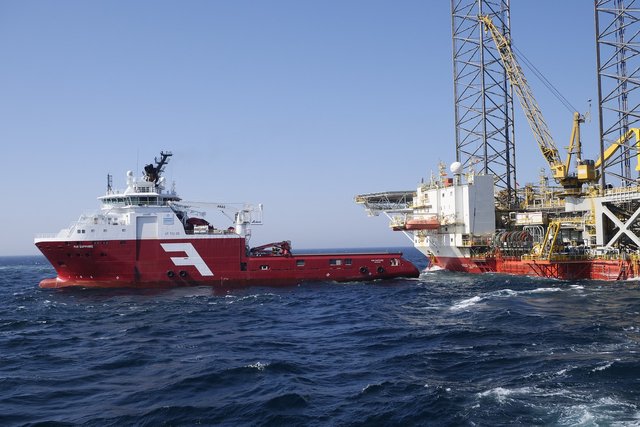
Countless job opportunities worldwide are available in the offshore industry. Though the demands for its labor sector have been dampened by the ongoing pandemic, it still forges ahead with the adoption of new technologies and policies for a continued global movement within the industry.
The offshore industry ranks high in the most hazardous industries due to its oil rigging activities and other operations. Workers within the offshore industry experience many occupational risks such as handling large, powerful equipment and being in remote locations.
To proactively maintain and safeguard the workers’ welfare and health, an effective and efficient safety officer is the key. Specific qualifications and certifications are required to become one. Good thing that specialized offshore training in the Philippines is accessible and available.
Understanding the occupational risks
The offshore drilling market is estimated to reach $103.5 billion by 2023, requiring more experienced offshore workers to maintain operations. Even with the numerous policies and standards set in place for the safety of personnel, offshore platforms are still inherently risky. One factor that poses a high risk to worker’s safety is its location.
Situated on large bodies of water, the impacts of fast-changing weather conditions on offshore installations cannot be predicted. Being in a remote spot limits access to safer sites and emergency assistance. The mishandling and accidental malfunctioning of heavy machinery onboard are also accounted for as risks.
Role of the offshore safety officer
Preventing offshore accidents is preventing injuries, deaths, and huge financial losses. The offshore safety officer is responsible for keeping all personnel safe by enforcing the safety standards and policies imposed by the company and key governing bodies in the offshore industry.
Aspiring safety officers should be knowledgeable on all aspects and must strictly comply with the rules and regulations of the Health and Safety Environment (HSE). Assessing the working conditions, conducting safety training of the offshore staff, and developing proposals to improve overall safety are all part of their main responsibilities.
Qualifications for the offshore safety officer
The first requirement is a bachelor’s degree in engineering or occupational health and safety. Having accredited certifications may also be required in hiring offshore companies. Enrolling in accredited offshore safety training in the Philippines will boost your chances of being hired as a safety officer.
Aspiring to become one? You can search for accredited and trusted training centers online to kickstart your career as a safety officer.